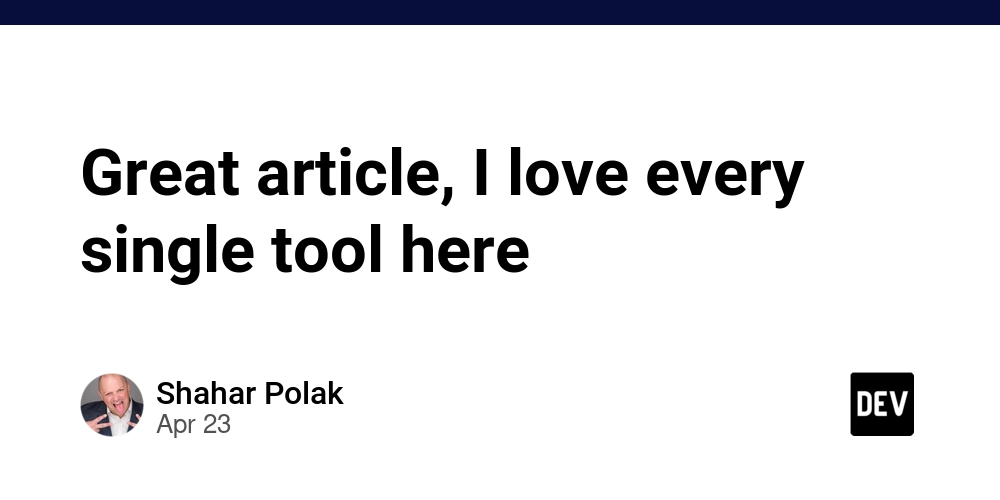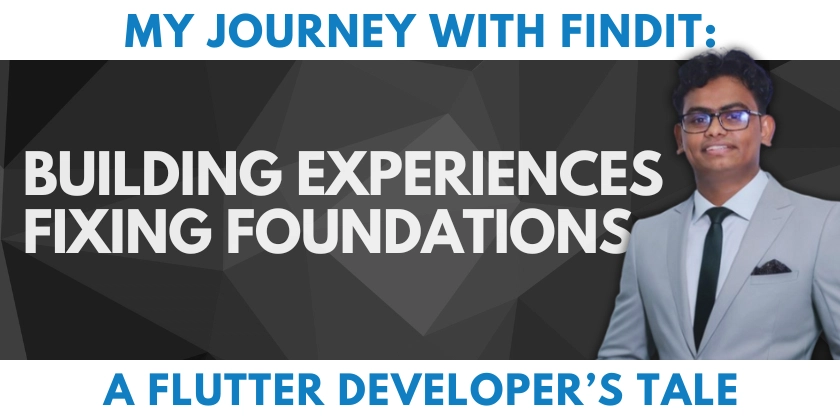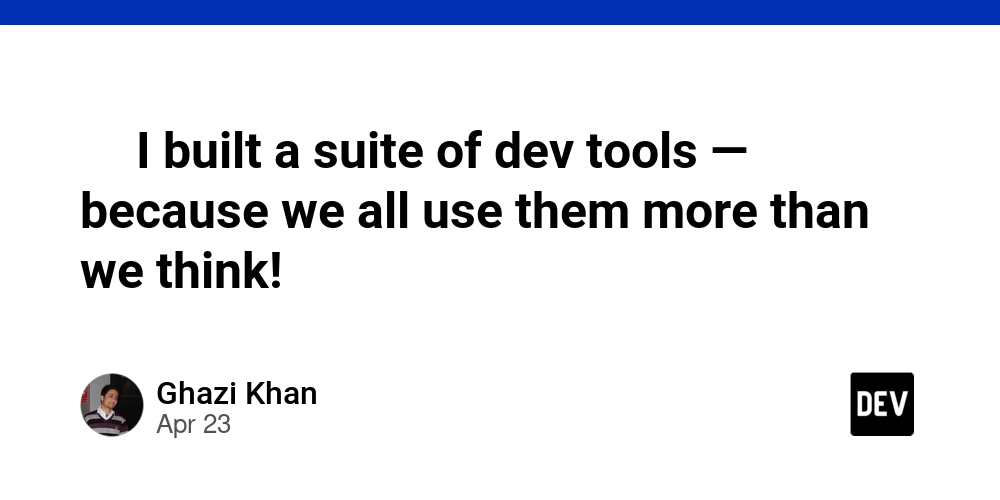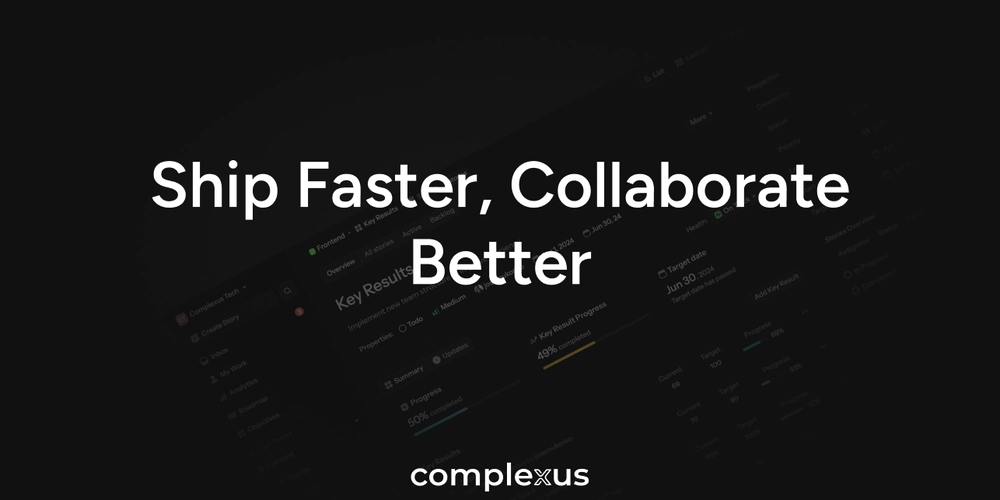
Reduce AI Training Costs: Federated Averaging & Gradient Compression for Faster Model Building
Are you struggling with the high communication costs of building AI models using decentralized data? Federated Averaging (FedAvg) combined with gradient compression could be the solution you've been searching for. This powerful technique can slash communication overhead by over 94%, dramatically speeding up your machine learning workflows.
This article will delve into how federated averaging and gradient compression can significantly enhance your AI model building, especially when dealing with sensitive or distributed datasets.
What is Federated Averaging (FedAvg) and Why Should You Care?
Federated Averaging (FedAvg) is a distributed machine learning technique that trains a shared model across multiple decentralized devices or servers without directly exchanging the raw data. This is incredibly beneficial when you're working with:
- Privacy-sensitive data: Think medical records or financial information.
- Large, geographically distributed datasets: Datasets that are stored on edge devices.
- Data with non-identical distributions (Non-IID): Datasets that vary across different locations or devices.
FedAvg allows you to leverage the collective knowledge of these diverse datasets without compromising data privacy or incurring massive data transfer costs.
How Does Gradient Compression Reduce Communication Costs?
Gradient compression minimizes the amount of data transmitted during each round of federated learning. By reducing the size of the gradients that need to be sent between the central server and the participating clients, you drastically cut down on communication overhead.
Here's why gradient compression is a total game changer:
- Faster training: Less data to transmit means quicker iterations.
- Lower bandwidth consumption: Ideal for devices with limited network connectivity.
- Reduced infrastructure costs: Save on bandwidth and storage expenses.
It is a crucial component when working with federated learning and distributed datasets.
Achieving Privacy with Differential Privacy (DP) in FedAvg
Enhance FedAvg's privacy benefits by integrating Differential Privacy (DP). DP adds noise to the gradients before they are shared, guaranteeing that individual data points within the dataset cannot be identified. This added layer makes FedAvg an exceptional choice for secure and private machine learning.
Combining FedAvg with DP gives you the best of both worlds: a global AI model trained across decentralized data and robust protection for sensitive information.
Implementing FedAvg with Gradient Compression using TensorFlow Federated
Ready to put these concepts into action? TensorFlow Federated (TFF) provides a robust framework for implementing FedAvg with gradient compression. TFF simplifies the process of simulating federated environments and deploying federated learning algorithms with relative ease.
You can find a step-by-step guide and code examples for using TensorFlow Federated to implement FedAvg with gradient compression within the linked resource. Implementing these techniques can significantly boost your AI development process, optimize resources, and preserve data privacy.
Maximize Model Performance with Federated Averaging and Gradient Compression
By adopting FedAvg, gradient compression, and differential privacy, your AI development workflow can achieve new heights. Reduce costs, improve efficiency, and build powerful AI models on decentralized data, all while protecting sensitive information and empowering privacy.























